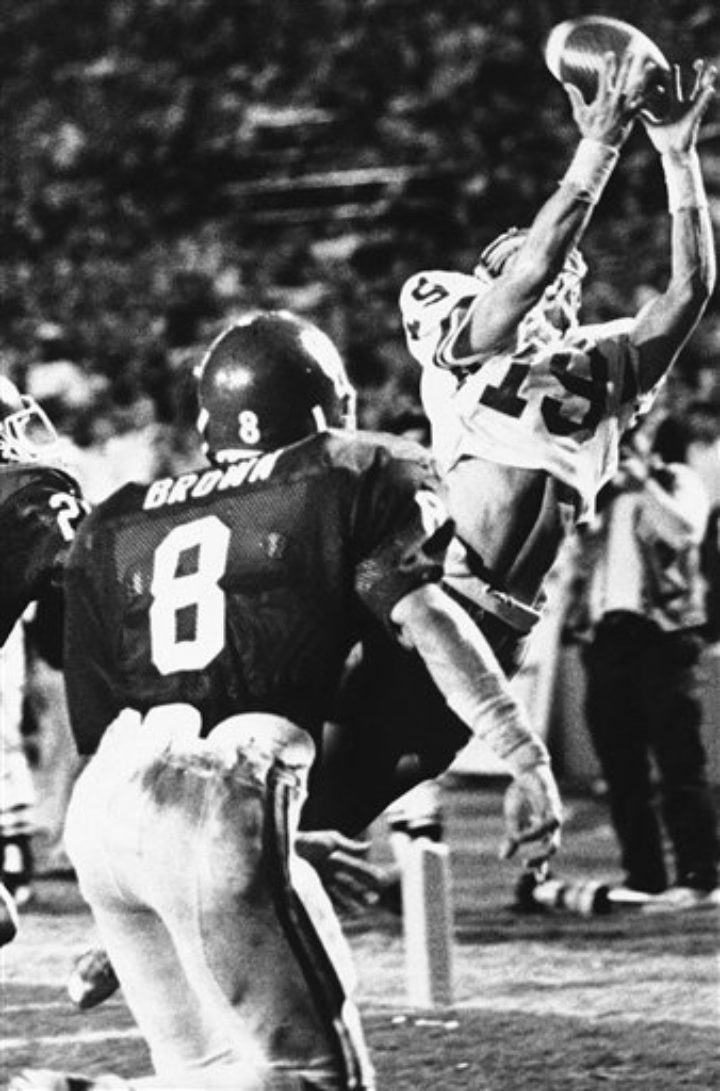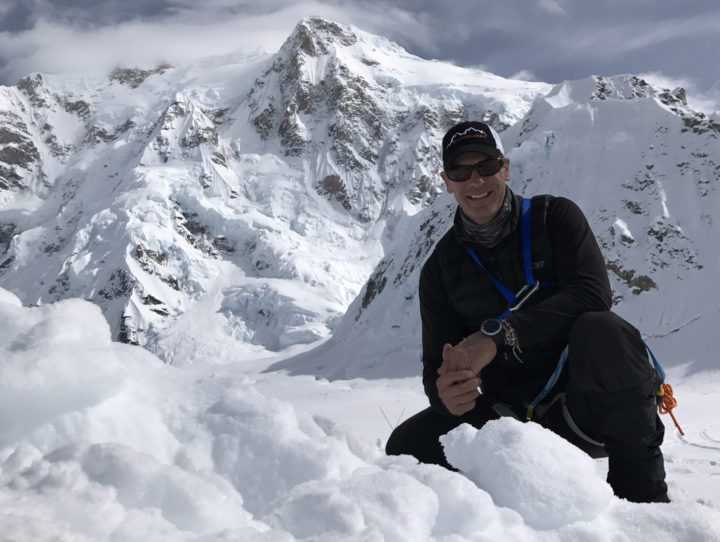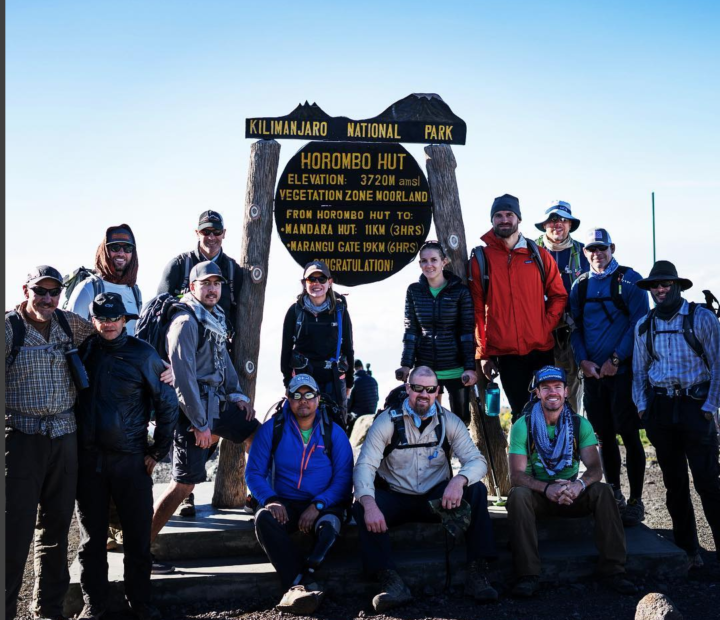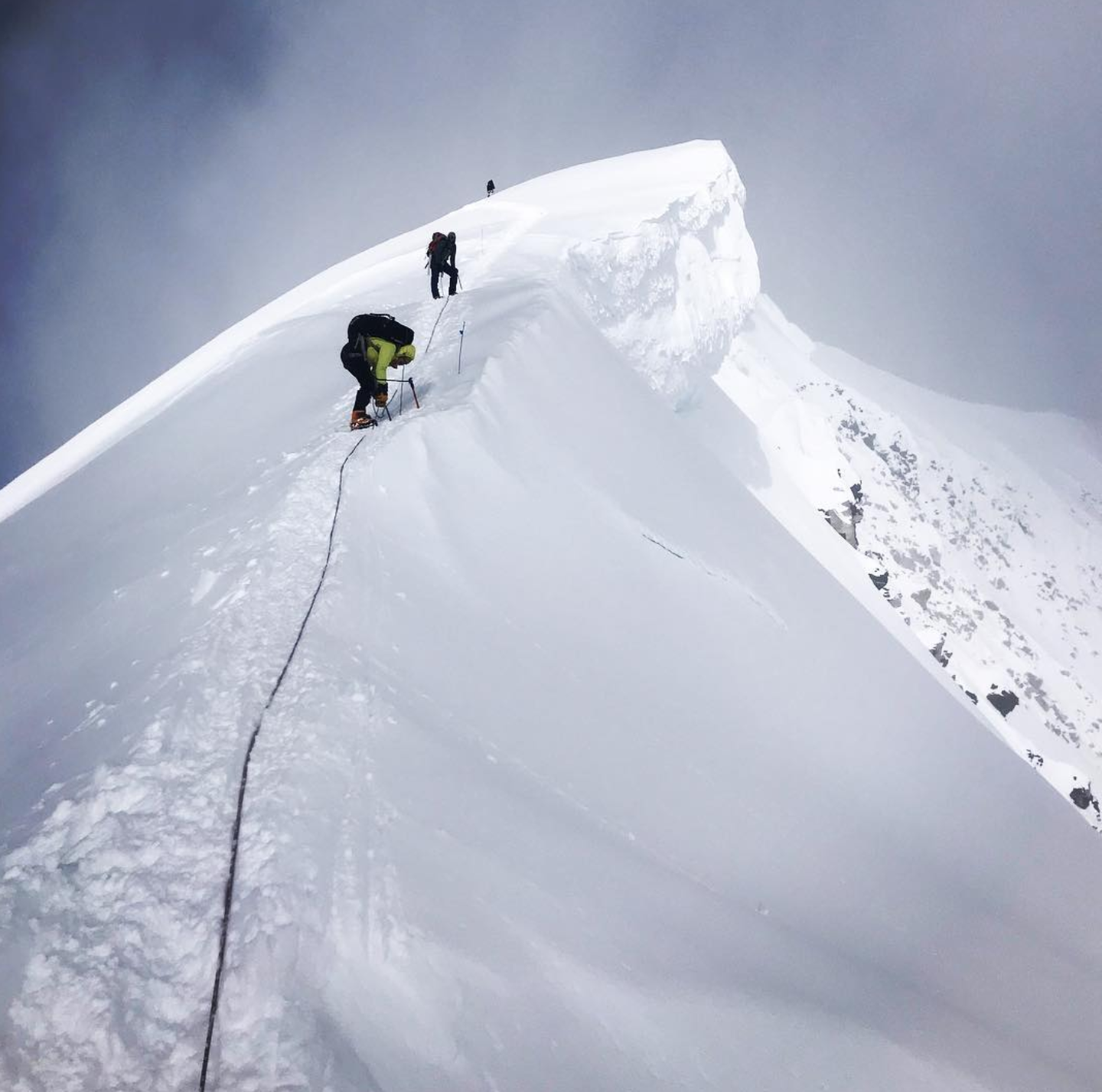That’s a great question – I think really the key question is “well Mark, how did you even start doing this?”
I’m 56 years old right now and I was going through a bit of a difficult challenge about 6 or 7 years ago. Two key things were going on. I was going through a breakup with my long-time partner, my wife, and we had been together since college so 30 years, married 24. On the other side of that, my dad died of a massive stroke, so I was really dealing with those two things.
I had moved from Seattle, my hometown where I knew everybody, to Los Angeles. I didn’t know anybody, so it was a very lonely existence. After a couple years of walking around the block, and just asking myself “how did I get here?” one day I decided I needed to change my whole mindset and get unstuck.
I decided I wanted one more, great athletic achievement. Since I stopped playing football, I never really stopped working out. Growing up in the Northwest, in the greater Seattle communities it is very mountainous. I climbed literally hundreds of times up in the mountains, various peaks like Mount Rainier, and most of the major mountains in the Northwest. I started to think about climbing. I had always been intrigued by the guys who had come before me, those that had been on Everest and some of these other crazy mountains.
I did some research and I came up with the fact that no NFL player had ever climbed the Seven Summits. So, I said, “I’m going to be that guy.” It really helped me get out of my fog, that was one part of it.
Being in the mountains gave me a serenity and peace. There are no cell phones, your email is not going off, it just brought a lot of clarity for me in terms of where I needed to go next in my life. That really helped free me to where I am today.
Most recently, I got off my 5th mountain, Mount Denali, which is North America’s highest peak. I’ve now been on five of the world’s tallest mountains, on five different continents, with two to go - those are Mount Vincent, down in Antarctica, and the big boy which is Mount Everest in Asia. I’m very fired up to get there.
People have said, “are you scared to do that?” (Climb Mt. Everest) I'm actually not, I cannot wait to get there. You’ve heard this statement but it's really true in this case, “it's not about the destination, it's all about the journey.” I mean, I've been to Russia, think about that. I've been to Argentina, I've been all over the world now. It’s the people and the experiences I've had in these different countries and these different cultures that have just been amazing. For me now to go to Nepal and work with the people, the Sherpas, you're on that mountain for like 70 days so it's crazy. The experiences you get from learning from that culture and being around those people, it's just going to be amazing, I can't wait.



